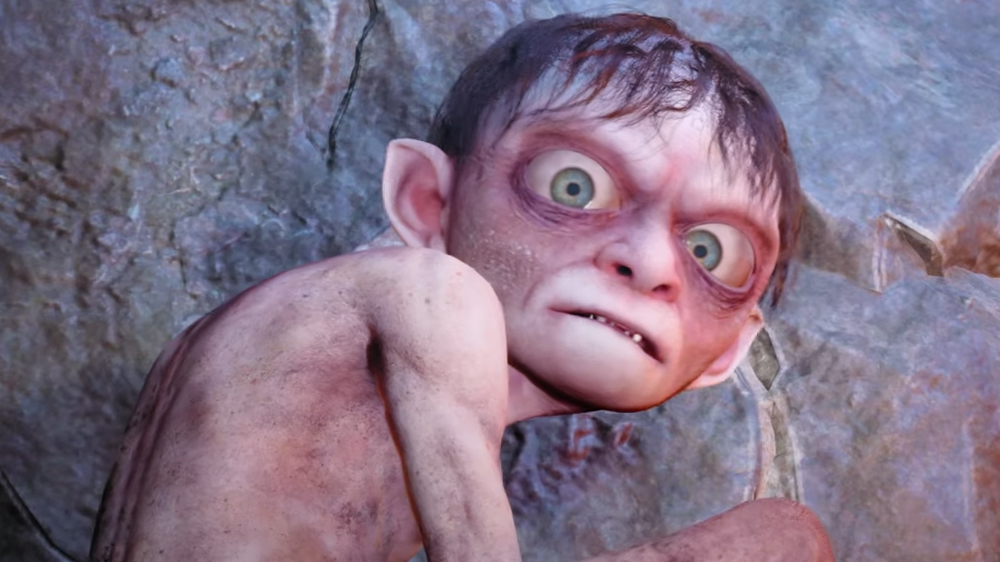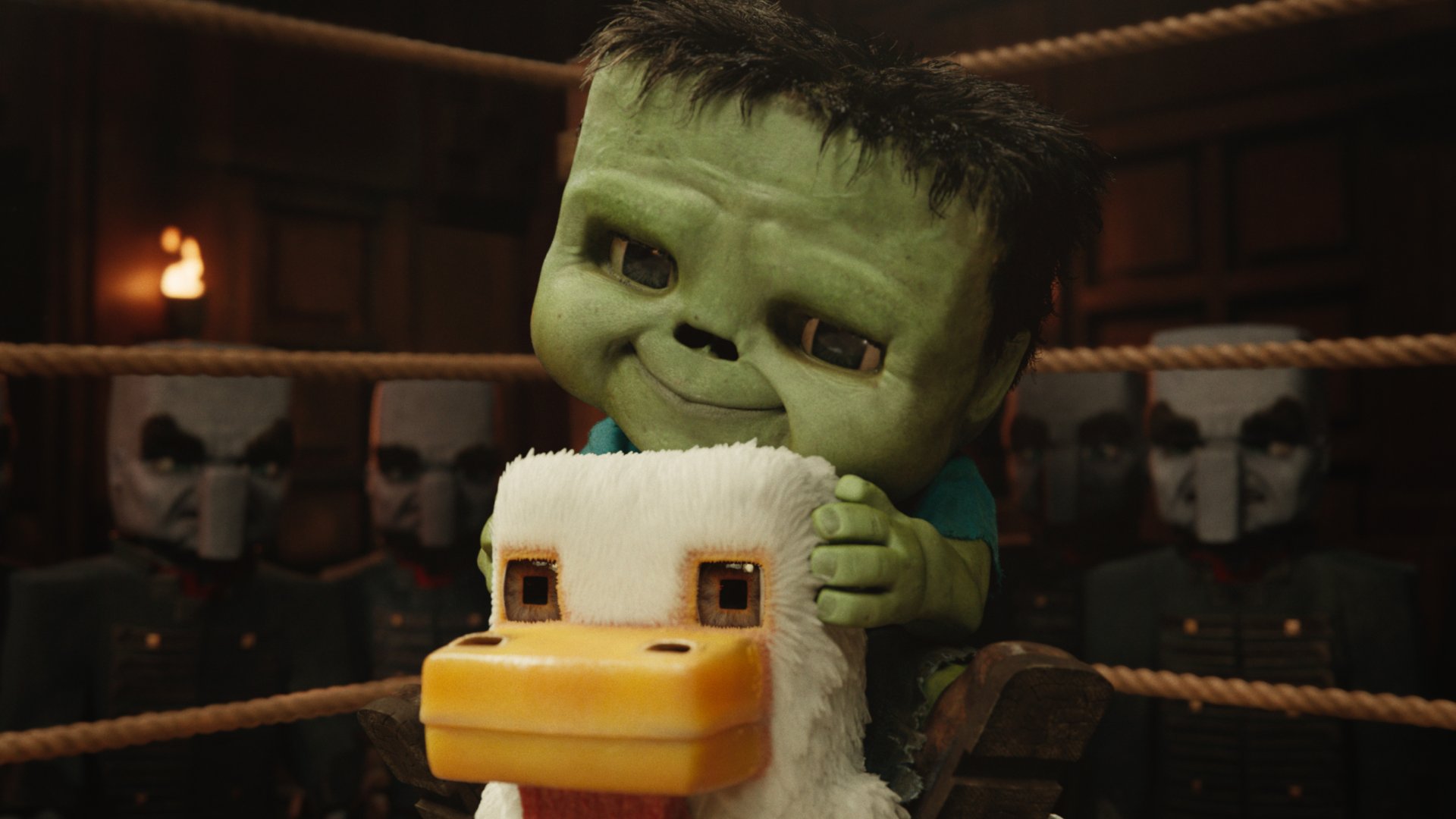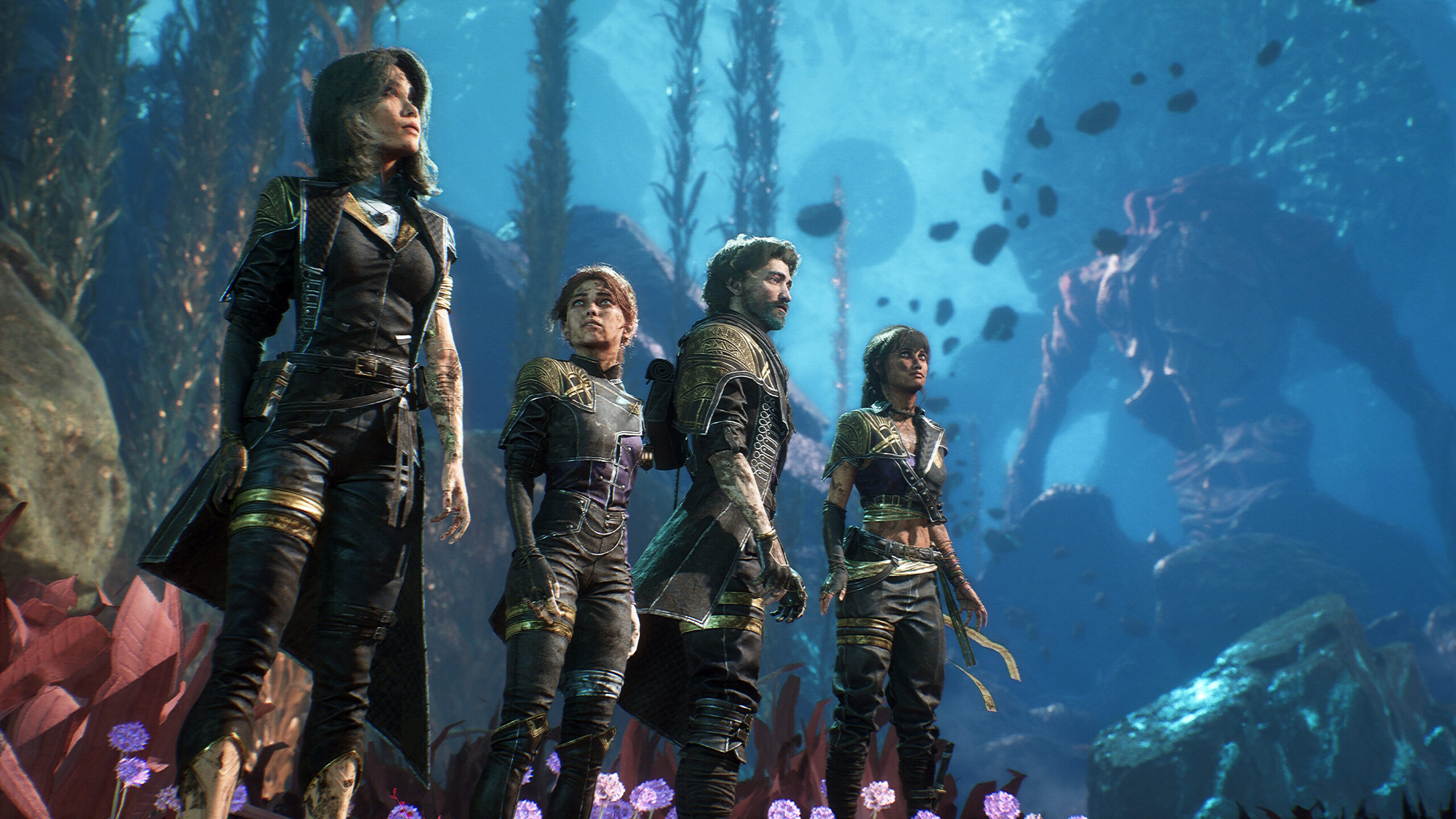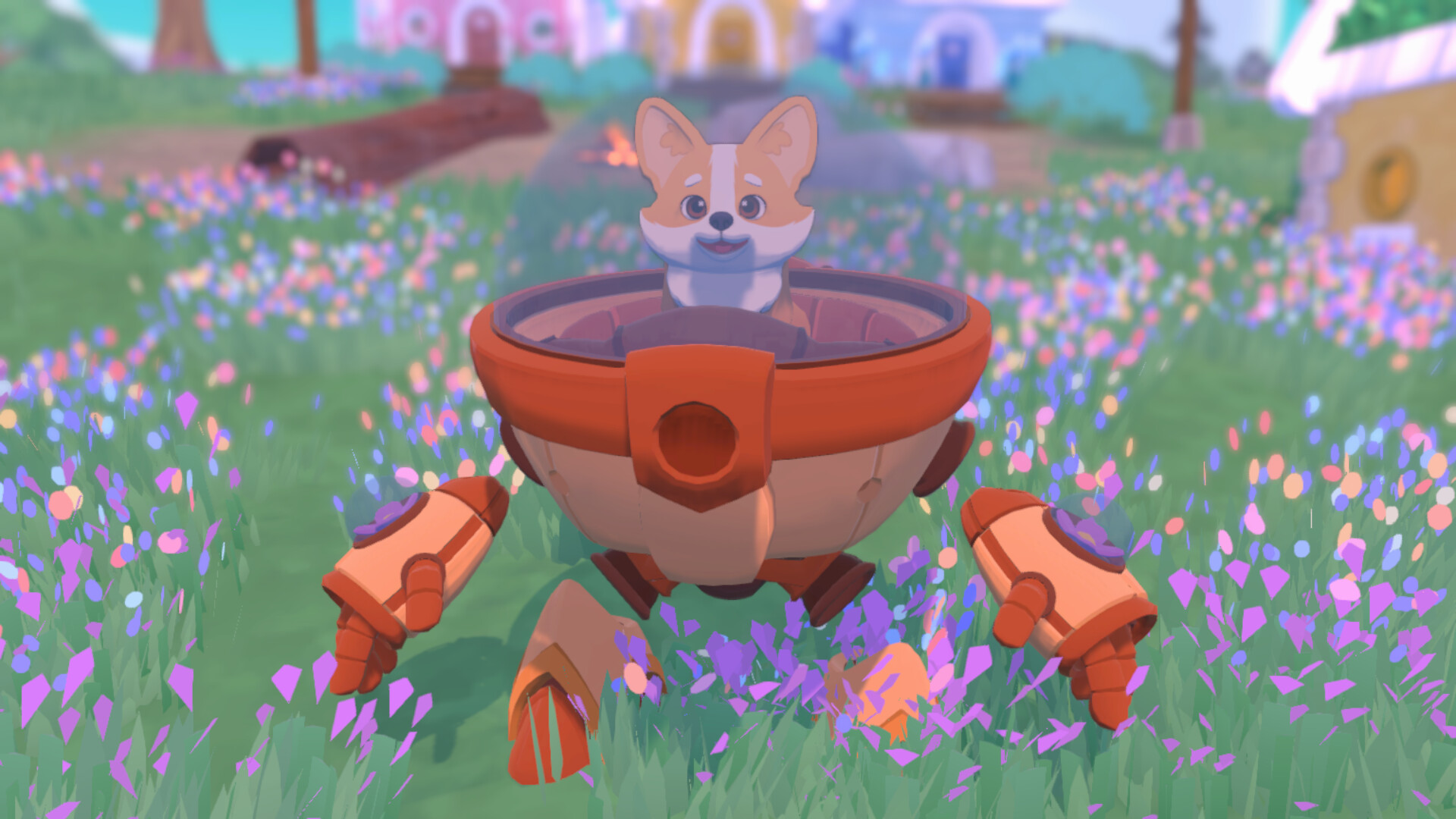One of 2023’s big disappointments was The Lord of the Rings: Gollum, a stealth-action adventure from the established German studio Daedelic. Daedelic is a publisher but also built its name on beautiful point-and-click adventures. Gollum was something of a departure for the studio, and its nature as a big licensed title in a popular genre meant it faced a new level of competition, expectation and scrutiny.
Despite one major delay, Gollum couldn’t deliver. PCG’s review found an enjoyably original take on the mythos that was unfortunately buried under a lacklustre game of trial-and-error. The game’s PC Metacritic currently stands at 38, with the user reviews even more brutal. Gollum became the subject of a fierce backlash almost instantly, one of those circumstances where the big licence almost came to count against it. The consequences for Daedelic as a development studio would be catastrophic.
A new report from the German outlet Game Two talks to former employees of Daedelic about Gollum, and what went wrong both before and after release. It’s an excellent analysis of the hubris and flawed methodologies that sometimes underpin failures like this, and while the video’s in German there are English subtitles. Partly it’s a development story that any industry watcher has heard before: crunch, unrealistic goals for development, and a right hand that didn’t know what the left was doing.
Among this are some nuggets of pretty surprising information. Daedelic itself says that “Gollum ended up with a development budget of 15 million Euros: only a tenth of a triple-A game”, which is a remarkably low budget for a game positioned as this was. If you’re making a AAA stealth-action game the most obvious competition is something like Assassin’s Creed, a series where 15 million Euros might just about cover the marketing budget.
Daedelic was on a hiding to nothing, and indeed part of this report is the slow realisation of its staff that the game faced serious issues. As the release date loomed, Daedelic began simply cutting things from the game: one example given is Gollum eavesdropping on other characters, who should have been animated and seen, but the final game simply showing Gollum looking at a window with audio playing atop the scenes. Another more serious casualty was the argument system, intended to show Gollum and Smeagol arguing over choices in the game, which was dropped and replaced with a much simpler text-only treatment.
Such things contributed to the reaction being so negative (the argument system had been a part of trailers), which soon acquired such fervour that Daedelic issued a bizarre apology for the game. Except it turns out this wasn’t from the studio at all.
Daedelic says that this apology was not from Daedelic but from Nacon, the game’s publisher and owner of Daedelic, which had clearly been spooked. Even at the time people picked up on some of the apology’s wording as being meaningless and noted things like the game’s name being misspelled: turns out that’s almost certainly because it was written by ChatGPT (timestamp), and Daedelic didn’t even get pre-approval on its own apology.
It went down like a lead balloon anyway.
Despite this Daedelic’s Gollum team continued to work on patching the game, only for it slowly to dawn on some employees that they were still working on Gollum well past the point where, under normal circumstances, a chunk of the team should have started on the next project.
Daedelic had once envisioned three games in this Lord of the Rings series, with the second having the working subtitle “It’s Magic” and already receiving millions in European funding. An internal prototype of this game, apparently focused on Gandalf, impressed those that saw it. However licensor Middle-Earth Enterprises nixed the idea, saying it overlapped too much with other LOTR projects, and Daedelic had to scramble for alternatives. One pitch was known internally by the jokey name CSI: Minas Tirith, and apparently featured a brother and sister from Gondorian nobility set out to solve a murder.
One month after Gollum’s release, Daedelic announced it would be pulling out of game development entirely. The studio laid off around 25 people, a third of its workforce, and said its future would be entirely focusing on publishing. This was especially sad because Daedelic’s reputation and back catalogue was built on beloved 2D point-and-click games like the Deponia series and an excellent 2018 adaptation of The Pillars of the Earth. Whatever persuaded the studio to take this expertise and gamble on a 3D stealth-action game is a mystery, and one with a very bad ending.










